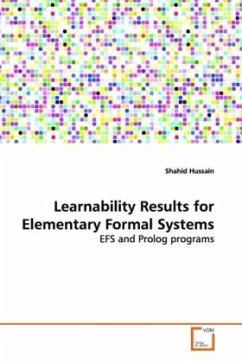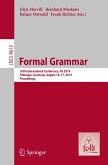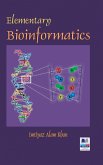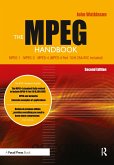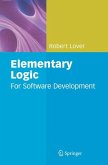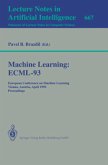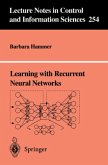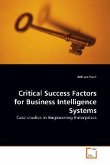Elementary formal systems are a kind of logic
programs. We give a comprehensive relationship model
for a broad range of classes of elementary formal
systems (EFS) and Prolog Programs along with their
learnability results in the frameworks of learning
in the limit, learning from queries, learning from
entailment, and statistical framework of probably
approximately correct (PAC) learning. The
relationship model accompanies the proofs of
containment, partial containment, and/or
incompatibilities present among these classes.
Further, we study exact learning of two classes of
Prolog programs (or equivalently elementary formal
systems) from entailment. These two classes,
hereditary and reductive, of Prolog programs without
local variables contain many useful programs such as
add, append, lenght, merge, split, delete, member,
prefix, and suffix. We present an algorithm to
exactly learn hereditary and reductive
Prolog programs and analyze it for its correctness.
Moreover, the algorithm learns hereditary Prolog
programs in polynomial time.
programs. We give a comprehensive relationship model
for a broad range of classes of elementary formal
systems (EFS) and Prolog Programs along with their
learnability results in the frameworks of learning
in the limit, learning from queries, learning from
entailment, and statistical framework of probably
approximately correct (PAC) learning. The
relationship model accompanies the proofs of
containment, partial containment, and/or
incompatibilities present among these classes.
Further, we study exact learning of two classes of
Prolog programs (or equivalently elementary formal
systems) from entailment. These two classes,
hereditary and reductive, of Prolog programs without
local variables contain many useful programs such as
add, append, lenght, merge, split, delete, member,
prefix, and suffix. We present an algorithm to
exactly learn hereditary and reductive
Prolog programs and analyze it for its correctness.
Moreover, the algorithm learns hereditary Prolog
programs in polynomial time.

